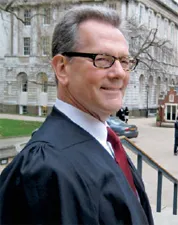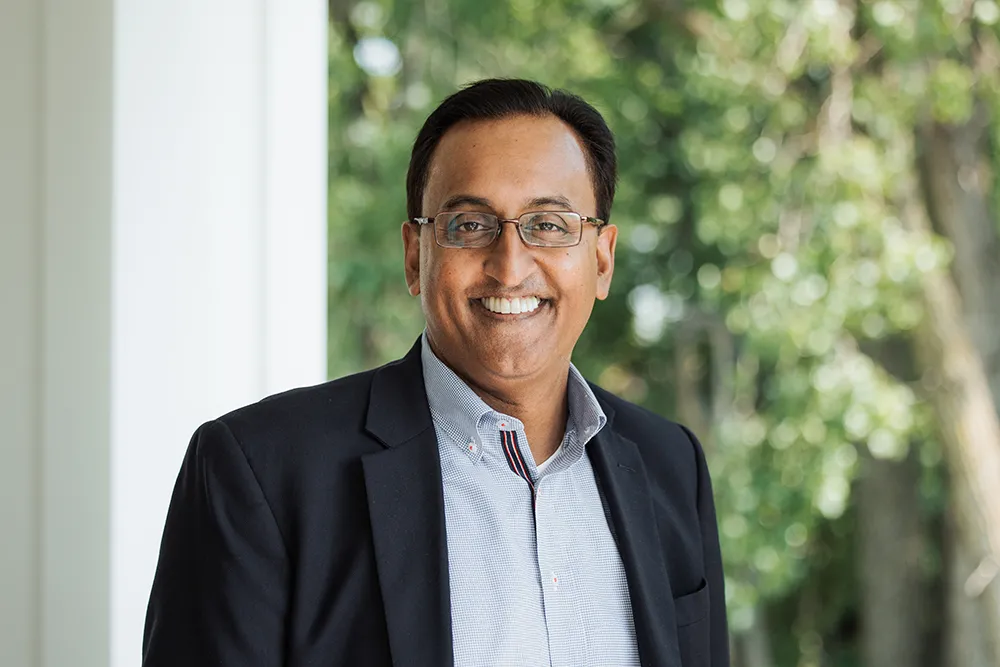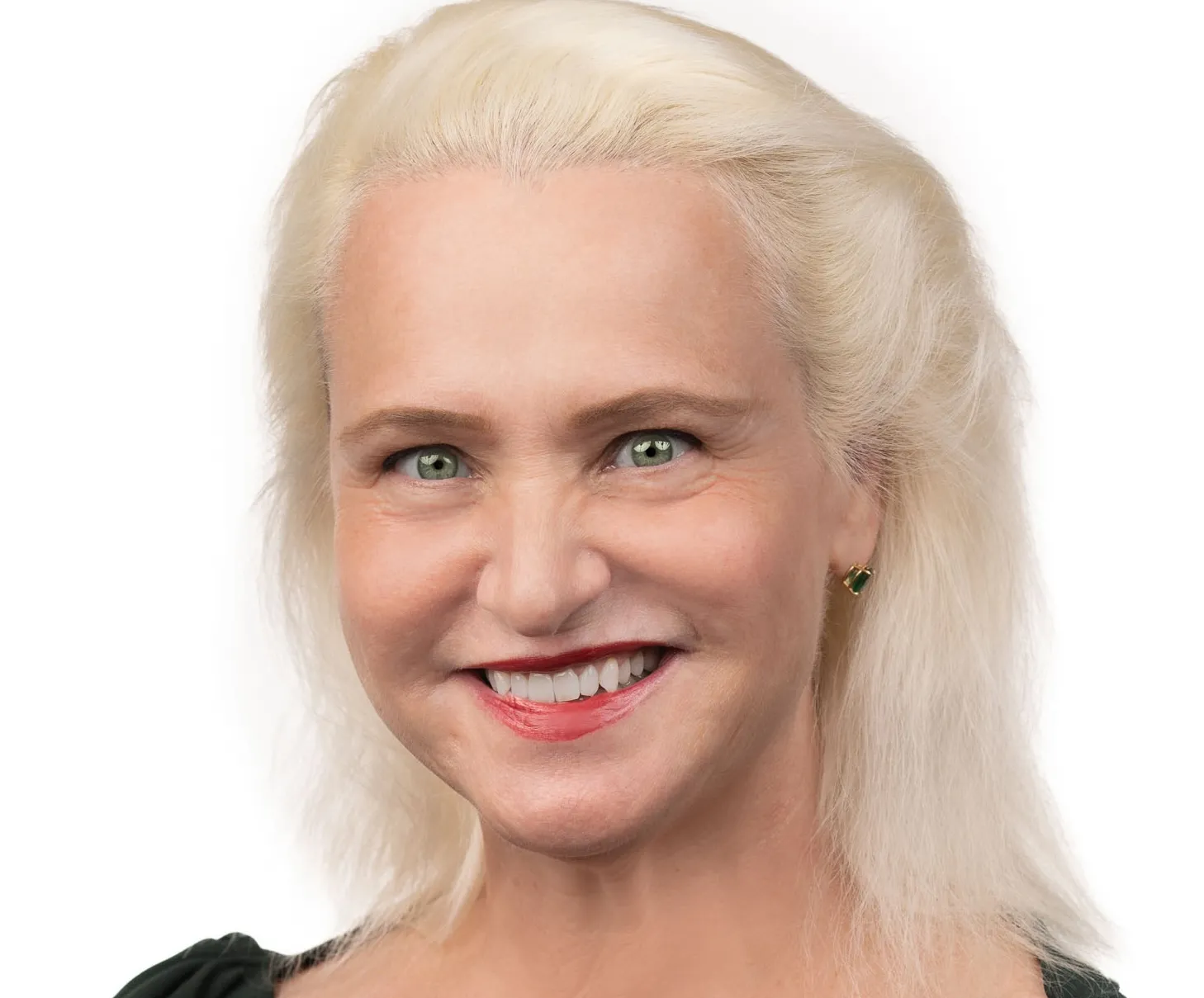Ronald DeKoven, ’68: An American Barrister in London

In 2008, Ronald DeKoven, ’68, had been living in London for five years, enjoying a thriving international practice built on many years in the top ranks of American lawyers. He could look back with satisfaction on his 40-year career, which also included very substantial contributions to the drafting of national and international legal codes and honors from all of his discipline’s leading professional associations.
Instead of looking back, however, DeKoven chose to look forward and aim for a rare distinction that would propel him into a whole new realm of practice—he set his sights on becoming a barrister.
The standards for being “called to the Bar” are so high that only about one in six people who embark on that path accomplish their goal. After DeKoven’s experience and accomplishments were weighed (abetted by enthusiastic endorsements from many of his British colleagues and by a 31-page brief that he wrote on his own behalf), he was permitted to bypass the year of study, the written examination, and the year of “pupillage” that are generally required—an extremely rare full waiver of those requirements.
It’s not hard to see how he merited that waiver. During his years as a litigator, highlighted by 20 years at Shearman & Sterling where he headed the firm’s bankruptcy and leasing practice, he had a lead role in many high-profile international proceedings (involving, among others, Barings Bank, TXU, Olympia & York, Lehman Brothers, and BCCI). He also led the six-year process that resulted in the Uniform Commercial Code’s new article on leasing, and more recently he was the reporter for the model leasing law adopted by the International Institute for the Unification of International Law (UNIDROIT), which has been enacted or is being considered for enactment by at least a dozen national governments.
His many professional honors include selection as an international fellow of the American College of Bankruptcy, life membership in the American Law Institute, and membership on the Permanent Education Board for the UCC.
And so, in 2009 DeKoven was called to the Bar of England and Wales. His new role has been all that he had hoped. “Being a barrister is a dream for me,” he says. “It’s a lot like being a law professor, which is what I originally hoped to become. You work with exceptionally smart people and have very bright opponents; you deal with cases that are fascinating, complex, and important; and you can do the prep work from anywhere in the world.” Within a year of his appointment, DeKoven went from practicing only American law to focusing almost completely on English law. His cases take him around the globe; several current ones involve military contracts in which national governments in Asia, Africa, and Europe are the defendants.
In addition, this year he assumed the board chairmanship of the UK Foundation for International Uniform Law, and he’s about to launch a web-based company, MyBarrister, which links people in need of legal services with suitable barristers (UK law recently changed to permit clients to retain a barrister directly, rather than through a solicitor).
At the Law School, DeKoven met the professor who would become his mentor, Grant Gilmore, when he submitted a lengthy draft of a paper to Gilmore, who rejected it. DeKoven then spent the next nine months revising the draft, which ran to more than 80 pages, and Gilmore enthusiastically approved it for publication. It was then published, at its full length, in the University of Chicago Law Review.
“Professor Gilmore became a great mentor to me,” DeKoven recounts. “I learned many things from him, but two were crucial. The first is that in every case you must understand not just the facts in dispute but also the custom and usage of the parties; the second is that it’s critical to understand how the law applicable to that transaction developed. It’s remarkable how many times I’ve had positive results in a case from presenting the history of the relevant law—it’s not wrong to say that legal history built my career.”
Still focused on legal history, he has begun preliminary work on a lengthy book on international law that he is writing for Oxford University Press.


